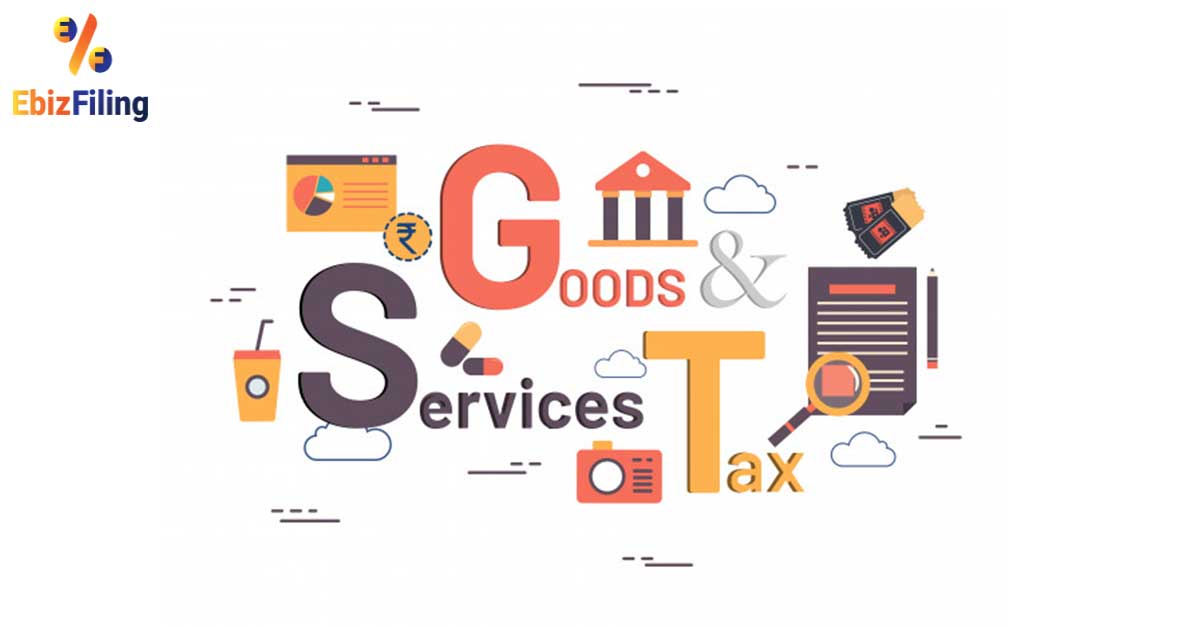Locating Trusted and Reliable Best GST Registration Services in Singapore
Locating Trusted and Reliable Best GST Registration Services in Singapore
Blog Article
From Begin to Finish: The Ultimate Roadmap to GST Enrollment for Companies Looking For Financial Security
Navigating the complexities of Item and Services Tax Obligation (GST) enrollment is a critical step for organizations pursuing financial security. From understanding the basic principles of GST to following post-registration standards, the procedure can seem daunting at first look. However, breaking down the roadmap into convenient actions can streamline the registration journey for organizations wanting to improve their monetary standing. Let's discover the essential components that comprise this utmost roadmap and uncover just how each phase adds to laying a strong structure for economic success.
Understanding GST Basics
Delving into the basic concepts of Item and Provider Tax Obligation (GST) is crucial for getting a detailed understanding of its ramifications on services and the economic situation. GST is a value-added tax imposed on the majority of products and services for residential consumption. It has changed several indirect tax obligations that existed in the pre-GST era, improving the tax structure and enhancing simplicity of doing company in India. Under the GST system, both solutions and items are strained at a specific price, which is established based upon their classification. Organizations are needed to register for GST if their yearly turnover surpasses the threshold limit established by the government. Input Tax Credit Report (ITC) is a considerable attribute of GST, enabling companies to claim credit report for taxes paid on inputs, reducing the general tax obligation problem. Comprehending the essentials of GST is essential for companies to follow tax laws, manage their financial resources successfully, and add to the nation's economic growth by taking part in a transparent tax system.
Qualification Criteria for Registration
As of the present regulations, the threshold restriction for GST registration is a yearly accumulation turnover of 40 lakhs for organizations operating within a state, other than for unique category states where the limitation is 20 lakhs. Additionally, specific organizations are needed to sign up for GST regardless of their turnover, such as interstate distributors, laid-back taxed persons, and organizations responsible to pay tax under the reverse charge device. It is vital for companies to thoroughly assess their turn over and purchase types to identify their GST enrollment responsibilities accurately.
Records Needed for Enrollment
Having satisfied the qualification standards for GST registration, businesses should currently guarantee they have the requisite files in position to continue with the enrollment procedure efficiently. The files required for GST registration typically consist of evidence of organization constitution, such as partnership deed, registration certificate, or consolidation certificate for different sorts of organizations. In addition, businesses need to supply records developing the principal workplace, such as a rental arrangement or electrical power bill. Frying pan card of business, as well as the identification and address proof of promoters/partners/directors, are important for verification functions. Savings account declarations, together with canceled cheques or a duplicate of the financial institution passbook, are needed to validate the economic details offered during registration. Moreover, services need to have electronic trademarks all set for the accredited signatory. Ensuring all these records are organized and easily offered will certainly speed up the GST enrollment procedure, making it possible for companies to follow tax obligation policies seamlessly.
Step-by-Step Enrollment Refine
Starting the GST enrollment procedure involves a series of organized steps to make sure a certified and seamless about his enrollment for businesses. The primary step is to check out the GST portal and Recommended Reading fill in the registration kind with exact details of the company entity. Following this, the candidate gets a Short-lived Reference Number (TRN) which is used to return to the application procedure if it's not completed in one go.
Following, all required files as per the checklist supplied by the GST portal need to be posted. These documents normally include proof of company address, enrollment and identity proofs of promoters, monetary statements, and company entity's PAN card.

Post-Registration Conformity Guidelines

Verdict
To conclude, services looking for monetary stability has to recognize the basics of GST, satisfy qualification requirements, gather necessary documents, adhere to the detailed enrollment process, and abide by post-registration standards - Best GST registration services in Singapore. By sticking to these steps, companies can guarantee conformity with tax obligation guidelines and preserve economic security in the future
Additionally, particular services are required to sign up for GST irrespective of their turn over, such as interstate vendors, casual taxed persons, and businesses accountable to pay tax under the reverse cost system.Having satisfied the eligibility standards for GST enrollment, services must now ensure they have the requisite papers in location to proceed with the enrollment procedure effectively. The documents needed for GST registration usually include evidence of service constitution, such as partnership deed, enrollment certification, or incorporation certification for various types of businesses. Furthermore, organizations need to supply records establishing the major place of organization, such as a rental contract or electrical power costs.Starting the GST registration procedure entails a series of organized actions to ensure a seamless and certified enrollment for businesses.
Report this page